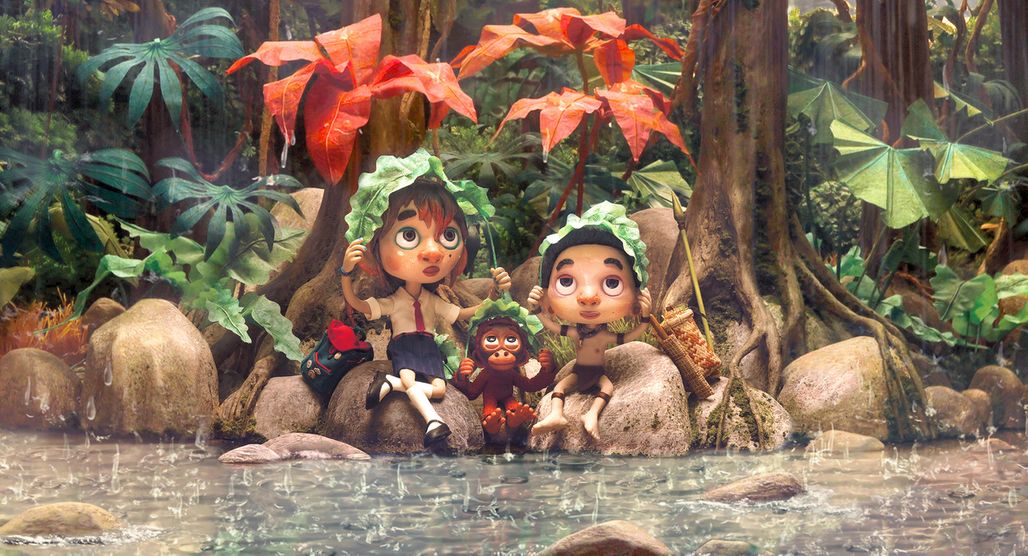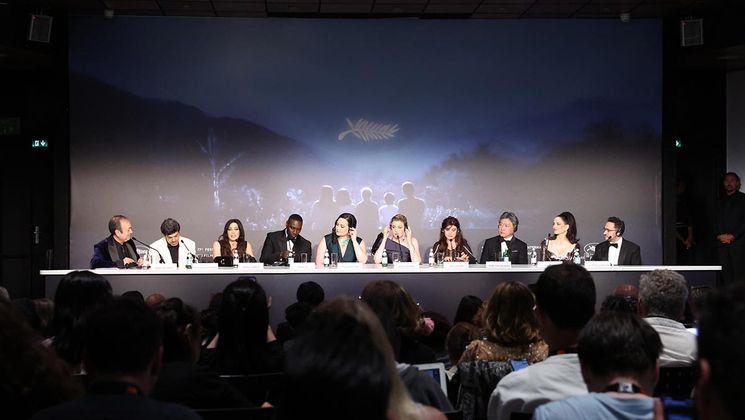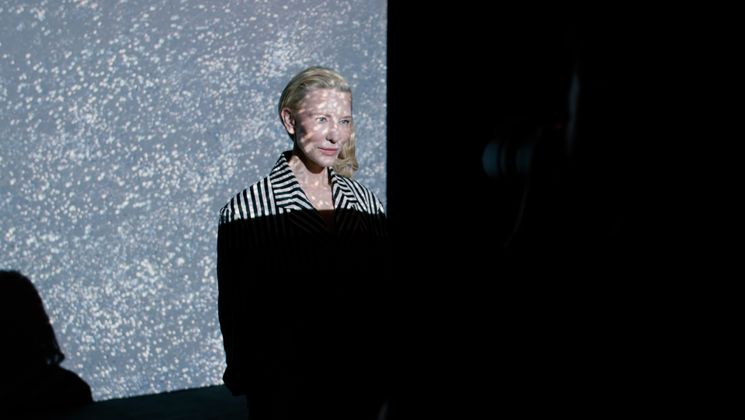
Sauvages (Savages), Claude Barras’ ecological fable

After Banquise (Ice Floe), his short film selected in 2006, but also and above all the worldwide success of Ma vie de Courgette (My Life as a Courgette) (2016), the Swiss filmmaker has taken up the subject of deforestation in a very personal ecological fable alongside the indigenous Penan people who live at the heart of a tropical forest. Sauvages (Savages) is presented as a Special Screening.
The island of Borneo in Southeast Asia. One day, at the edge of the immense tropical forest where she lives, 11-year-old Kéria discovers an abandoned baby orangutan in her father’s palm tree operation. As she takes care of the young ape, her young cousin Selaï takes refuge with them to escape the conflict between his family and forestry companies. From then on, the trio will fight together against the threat of destruction that weighs on this ancestral forest. The opportunity for Kéria to discover her Penan roots.
It’s been eight years since Claude Barras’ last film. Eight long years during which Ma vie de Courgette (My Life as a Courgette), his first feature film, winner of two César Awards and an Oscar nomination, continued its immense success. Eight years during which Sauvages (Savages), his new stop motion film, was able to ripen.
The film was inspired by stories of a world without cars, where everyone lived self-sufficiently, stories his grandparents told him when he was a child. “Like the Penan people, they looked up at the sky and knew, based on a cloud, if the weather would be good tomorrow”, the director says. Barras explains that he was also influenced by the Swiss activist Bruno Manser, who was very involved in the defence of the Borneo forest before disappearing suspiciously.
While pointing the finger at the destructive actions of the food industry and the excessive exploitation of raw materials, Sauvages (Savages) – which brings together the voices of Babette de Coster, Martin Verset, Laëtitia Dosch and Benoît Poelvoorde – also questions, without ever being didactic, the irresistible attraction that we have for modernity.


